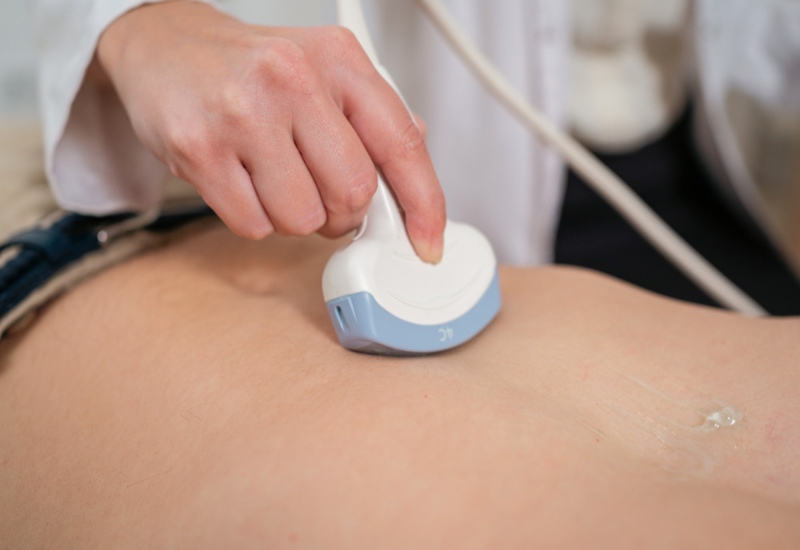Ultrasound Imaging Center That Prioritizes Patient Comfort
GI Specialists of Georgia is proud to offer comprehensive endoscopic ultrasound services in Atlanta, GA, providing patients with advanced diagnostic capabilities for their gastrointestinal health. Our skilled team of medical professionals, including board-certified gastroenterologists and specialized technicians, utilize state-of-the-art ultrasound technology to provide accurate and detailed imaging of the digestive tract, liver, gallbladder, and other abdominal structures.
With our commitment to personalized care and cutting-edge techniques, we strive to deliver precise diagnoses and effective treatment plans. Take charge of your digestive well-being and schedule your ultrasound appointment with GI Specialists of Georgia today.

What Is an Ultrasound?

How Does Ultrasound Work?
Types of Ultrasounds
Ultrasound imaging encompasses various types that are used for specific purposes and areas of the body. Some common ultrasound locations include:
- Abdominal Ultrasound – This type of ultrasound focuses on imaging the organs within the abdomen, such as the liver, gallbladder, pancreas, kidneys, and spleen. It allows providers to evaluate the size, shape, and condition of these organs, and to detect abnormalities like tumors, cysts, or stones.
- Obstetric Ultrasound – Obstetric ultrasound is used during pregnancy to monitor the growth and development of the fetus. It provides images of the uterus, placenta, and fetus, allowing healthcare providers to assess the health of the fetus, detect any potential abnormalities, and determine the gestational age.
More Ultrasounds
- Transrectal Ultrasound – Transrectal ultrasound involves inserting a transducer into the rectum to obtain images of the prostate gland. It is primarily used to evaluate the prostate for conditions like prostate cancer, enlargement (benign prostatic hyperplasia), or infections.
- Cardiac Ultrasound (Echocardiography) – Cardiac ultrasound is used to assess the structure and function of the heart. It provides detailed images of the heart chambers, valves, and blood flow patterns. Cardiac ultrasound helps diagnose heart conditions, such as heart valve abnormalities, heart failure, or congenital heart defects.
- Vascular Ultrasound – Vascular ultrasound focuses on imaging blood vessels to evaluate blood flow and detect any abnormalities or blockages. It can assess the arteries and veins in various parts of the body, including the neck (carotid ultrasound), legs (lower extremity ultrasound), or abdomen (abdominal aortic ultrasound).

How to Prepare for an Ultrasound
Preparing for an ultrasound procedure typically involves a few simple steps. In some situations, our experienced team may ask you to avoid eating or drinking for a certain period before the procedure, especially if an abdominal ultrasound is being performed. It is also advisable to wear comfortable and loose-fitting clothing that can easily be adjusted or removed, as you may be asked to change into a gown.
After an ultrasound procedure, one of our qualified healthcare professionals will review and interpret the results of the images obtained during the examination. We will then communicate our findings to you, discussing the implications and potential next steps, such as additional tests or treatments.
Why Choose GI Specialists of Georgia for an Ultrasound?
Schedule an Appointment with Our Atlanta-Area Gastroenterologists
"*" indicates required fields

